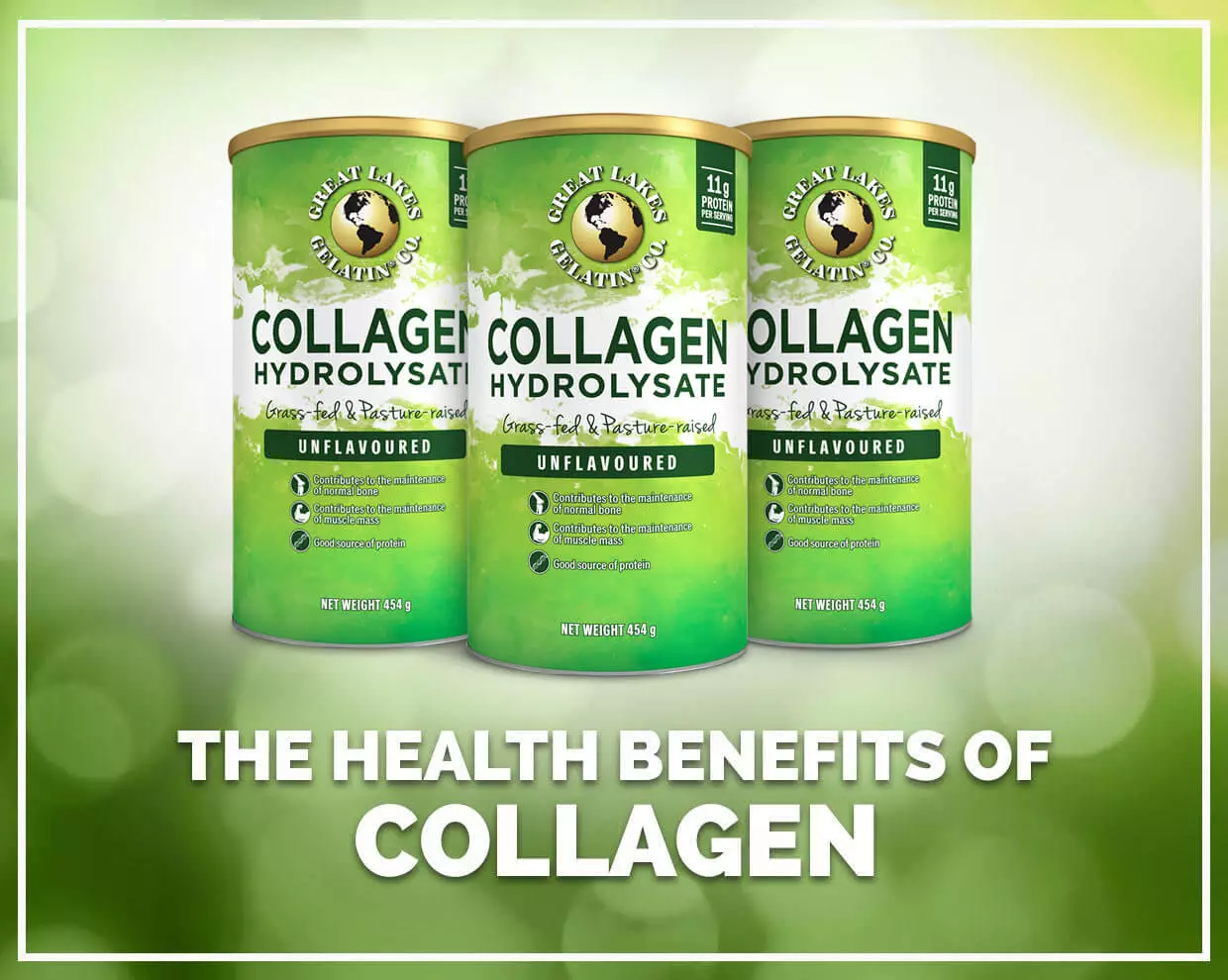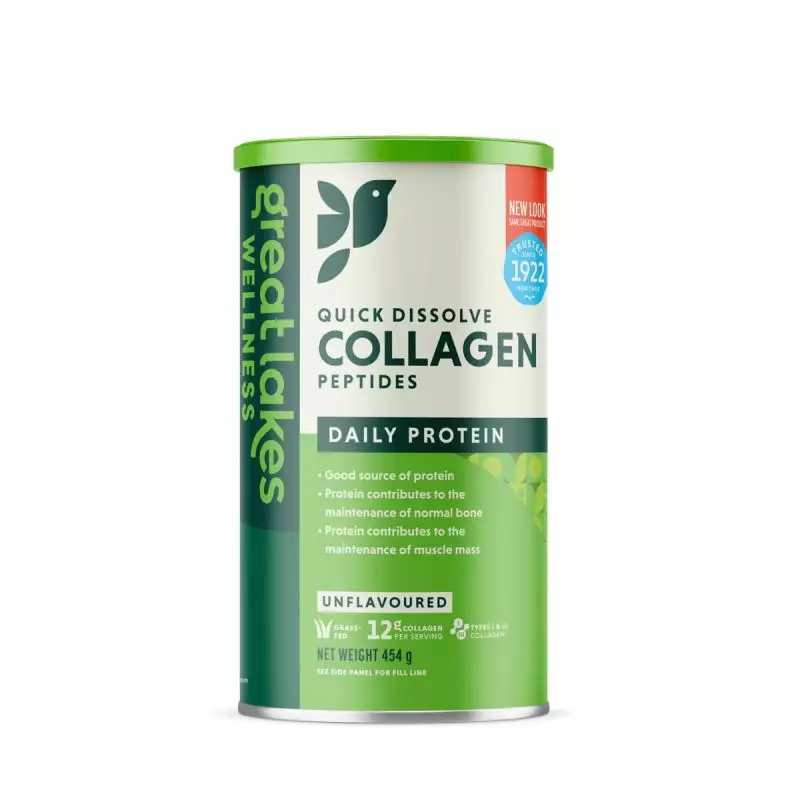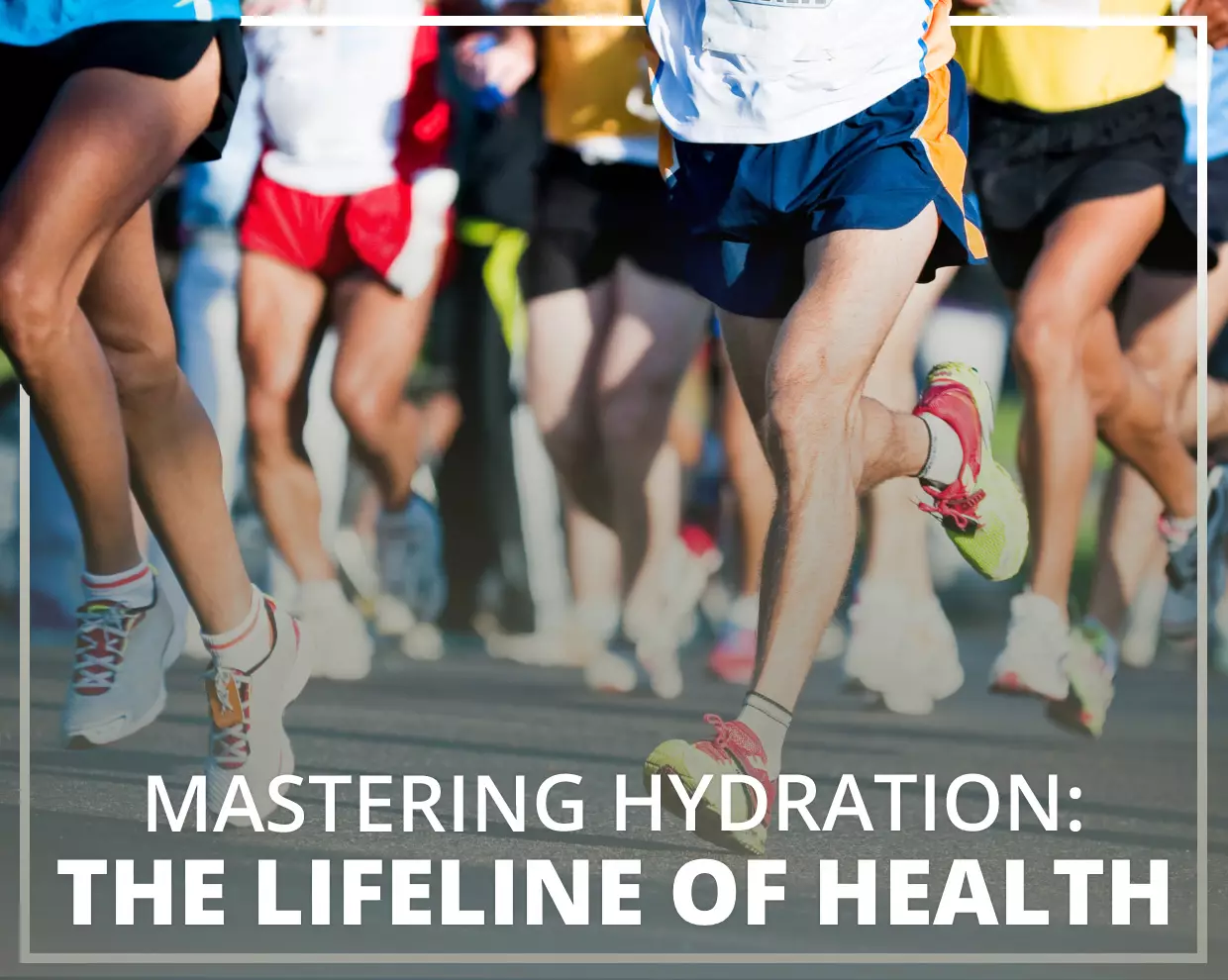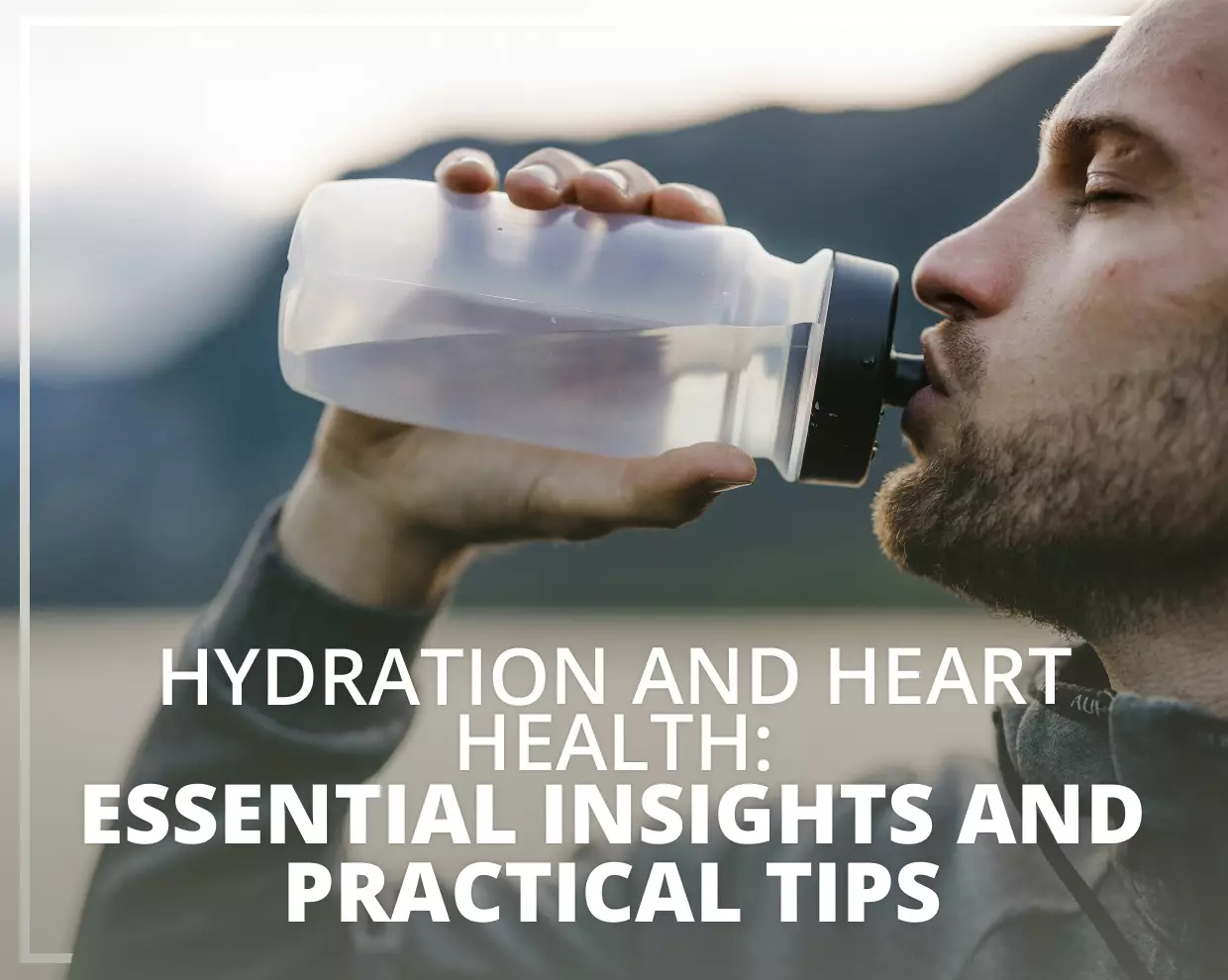Collagen is the most abundant protein found in the body. It is something we make each and every day within specialised cells called ‘fibroblasts’(1). You make collagen from dietary amino acids found in foods like bone broth, meats, eggs, and dairy products. Vitamin C, copper and zinc are also needed in your diet as these are all important cofactors for collagen synthesis(2).
The word collagen comes from the Greek word ‘kólla’ which means glue - collagen is literally what holds your connective tissue together. It provides the structural framework for the connective tissue found in our bones, organs, eyes, tendons, joints, cartilage and skin.
What are the benefits of taking collagen?
Animal and human studies have shown that collagen supplementation can reduce joint pain(3), improve skin tone and elasticity(4), improve bone mineral density(5) and promote wound healing(6)(7).
The key health benefits of taking collagen include:
- Strong and flexible joints
- Healthy bones, ligaments and tendons
- Support the healing of connective tissue
- Enhanced sports performance recovery and repair
- Glossy hair and strong fingernails
- Promotes skin elasticity and hydration
What causes collagen depletion?
As we age, our ability to produce collagen from the amino acids in our diet is depleted. From our mid-twenties collagen production drops off by 1-2% per year(8), so by the time you reach the age of 40 the collagen in your body may have depleted by 10 - 15%. The changes you may notice include reduced elasticity of skin (hello wrinkles!), joint mobility and stiffness. For some people the recovery and repair of connective tissue can be impacted. This means workout recovery or tissue injury repair can be slower when you don’t produce enough collagen.
How can I make sure I have enough collagen?
Collagen is made from amino acids including glycine, proline and hydroxyproline. Making sure that you get the right amino acids in your diet to support collagen production is really important for anyone who wants optimal performance from their muscles and joints. Good dietary sources of these amino acids are bone broth, tripe, organ meats and eggs. Many people also choose to add collagen ‘peptides’ to smoothies, coffee, hot chocolate or soups.
What are collagen peptides?
Collagen peptides are collagen that has been hydrolysed, and given the name Collagen Hydrolysate. This form is a powder which is highly bioavailable due to smaller sized proteins and shorter chain amino acids. It also produces a collagen powder which dissolves easily into hot or cold drinks and is odourless and tasteless.
Why Great Lakes Gelatin - Collagen Hydrolysate?
Great Lakes Gelatin - Collagen Hydrolysate is a premium product which provides 20 different amino acids to aid the healing and repair of connective tissue. The collagen is sourced from pasture-raised and grass-fed cattle raised in Argentina and Brazil, and is packaged in the EU. Great Lakes Gelatin are committed to the highest welfare standards, and their products meet with all EU regulations and requirements.
References
1. Fibroblasts - What do they do?
2. Vitamin C in dermatology
3. 24-Week study on the use of collagen hydrolysate as a dietary supplement in athletes with activity-related joint pain

 AU Store
AU Store  UK Store
UK Store NZ Store
NZ Store EU Store
EU Store









